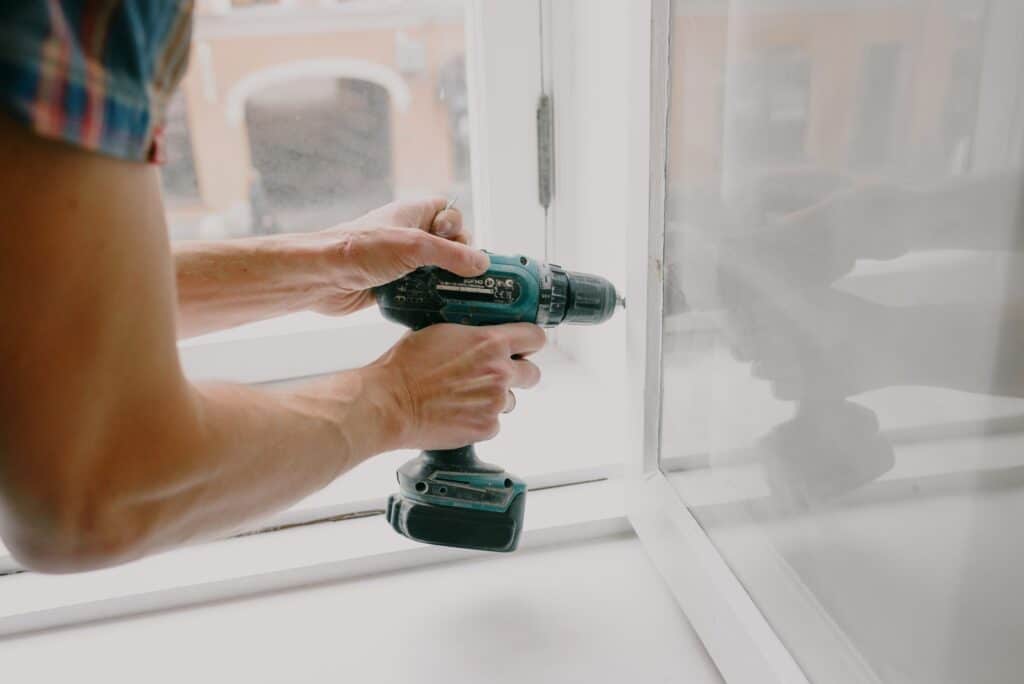
Protecting rental properties from natural disasters is essential for property owners to safeguard their investments and ensure tenant safety. At CMC Realty & Property Management, we emphasize proactive measures to mitigate risks associated with natural disasters. Here are some strategies to protect your rental property effectively:
1. Risk Assessment
Conducting a thorough risk assessment is the first step in protecting your property. Identify the types of natural disasters that are most likely to occur in your area, such as earthquakes, floods, hurricanes, or wildfires. Understanding these risks will help you implement appropriate preventative measures.
2. Insurance Coverage
Ensure your property is adequately insured against natural disasters. Standard property insurance policies may not cover all types of disasters, so it’s essential to review your policy and consider additional coverage for specific risks. Flood and earthquake insurance, for example, are often separate from standard policies. Work with your insurance provider to customize a plan that offers comprehensive protection.
3. Building Reinforcements
Invest in building reinforcements to enhance your property’s resilience. This can include:
- Seismic Retrofitting: Strengthening the building structure to withstand earthquakes.
- Flood Barriers: Installing barriers or sandbags to prevent water ingress during floods.
- Hurricane Shutters: Adding shutters to windows and doors to protect against high winds and debris.
- Fire-Resistant Materials: Using fire-resistant building materials and creating defensible space around the property to reduce wildfire risk.
4. Regular Maintenance
Regular property maintenance is crucial for identifying and addressing vulnerabilities. This includes:
- Roof Inspections: Checking for loose or damaged shingles and ensuring the roof is in good condition.
- Gutter Cleaning: Keeping gutters and downspouts clear to prevent water buildup and reduce flood risk.
- Foundation Checks: Inspecting the foundation for cracks or weaknesses that could be exacerbated by natural disasters.
5. Emergency Preparedness Plan
Developing an emergency preparedness plan is essential for both property managers and tenants. This plan should include:
- Evacuation Routes: Clearly marked evacuation routes and assembly points.
- Emergency Supplies: Stockpiling emergency supplies such as water, food, first-aid kits, and flashlights.
- Communication Plan: Establishing a communication plan to keep tenants informed and connected during emergencies.
6. Tenant Education
Educate your tenants about the risks of natural disasters and the steps they can take to stay safe. Provide them with information on:
- Emergency Procedures: Instructions on what to do in the event of a disaster.
- Safety Measures: Tips on securing their belongings and preparing their units.
- Contact Information: Key contacts for emergency services and property management.
7. Backup Power and Utilities
Installing backup power solutions such as generators can ensure that essential systems remain operational during power outages caused by natural disasters. Additionally, consider:
- Battery-Powered Lighting: Providing battery-powered lights or lanterns for use during blackouts.
- Water Storage: Ensuring access to clean water if the main supply is disrupted.
8. Landscaping and Drainage
Proper landscaping and drainage can mitigate the impact of natural disasters. Implement measures such as:
- Tree Trimming: Regularly trimming trees to remove dead branches that could fall during storms.
- Proper Grading: Ensuring the land around the property slopes away from the building to prevent water accumulation.
- Rain Gardens: Installing rain gardens to absorb excess water and reduce flooding.
9. Secure Outdoor Items
During storms or high winds, unsecured outdoor items can become hazardous projectiles. Secure items such as:
- Patio Furniture: Anchoring or storing outdoor furniture.
- Debris: Regularly clearing the property of loose debris.
- Playground Equipment: Ensuring playground equipment is securely fastened.
10. Technology and Monitoring
Utilize technology to enhance disaster preparedness and response. This includes:
- Surveillance Cameras: Installing cameras to monitor the property for potential threats.
- Early Warning Systems: Using weather alert systems to provide early warnings of impending natural disasters.
- Remote Monitoring: Implementing remote monitoring systems to track the condition of the property in real-time.
Conclusion
Protecting your rental property from natural disasters requires a proactive and comprehensive approach. By conducting risk assessments, reinforcing building structures, maintaining the property, and educating tenants, property owners can significantly reduce the impact of natural disasters. At CMC Realty & Property Management, we are committed to helping property owners safeguard their investments and ensure tenant safety through effective disaster preparedness and management strategies.
Ensure your rental property is well-protected against natural disasters with the expert guidance and services of CMC Realty & Property Management. Contact us today to learn more about our comprehensive property management solutions and how we can help you mitigate risks and enhance the safety of your property. Call us at (562) 270-0405 or visit our website to schedule a consultation and discover the peace of mind that comes with professional property management.

